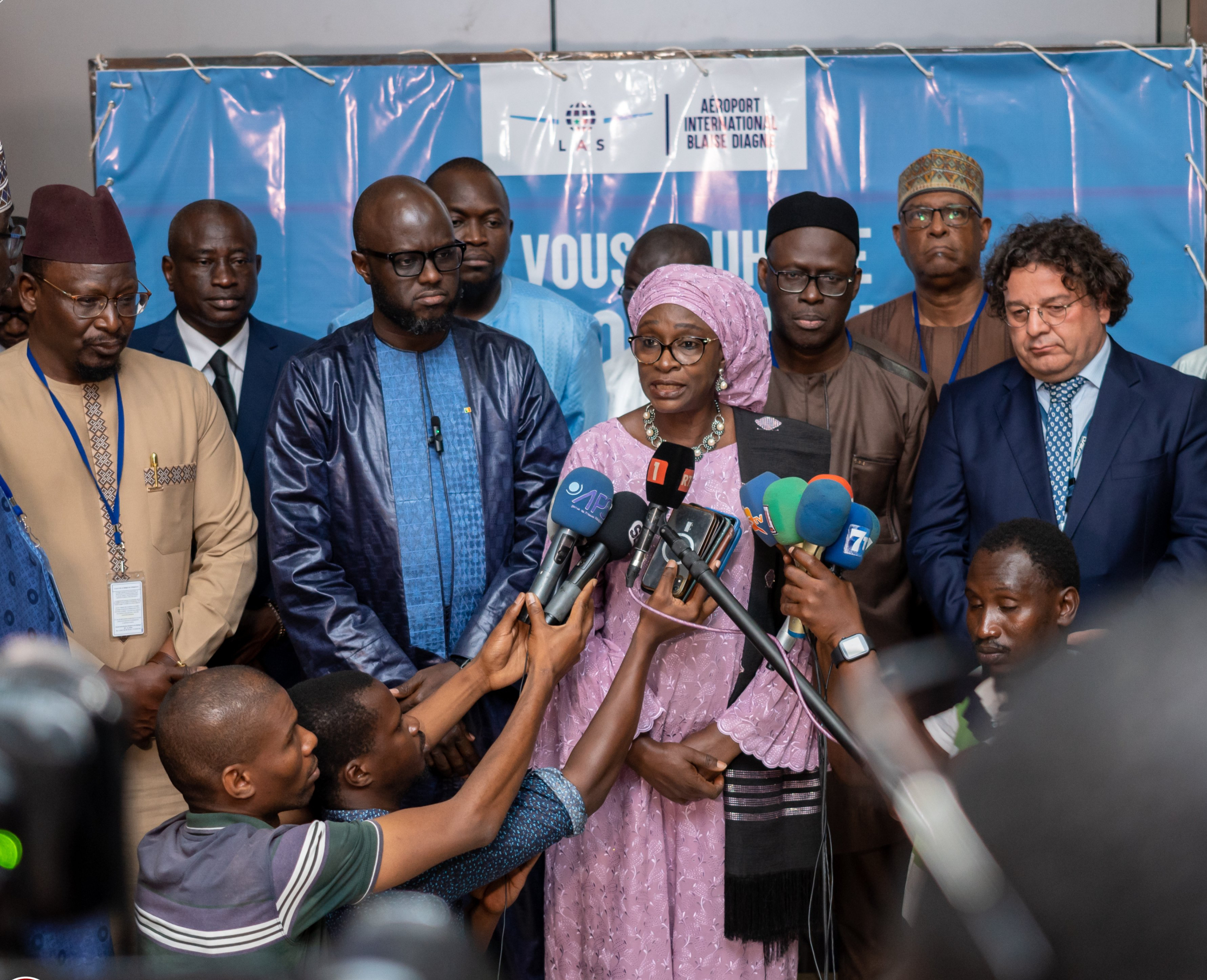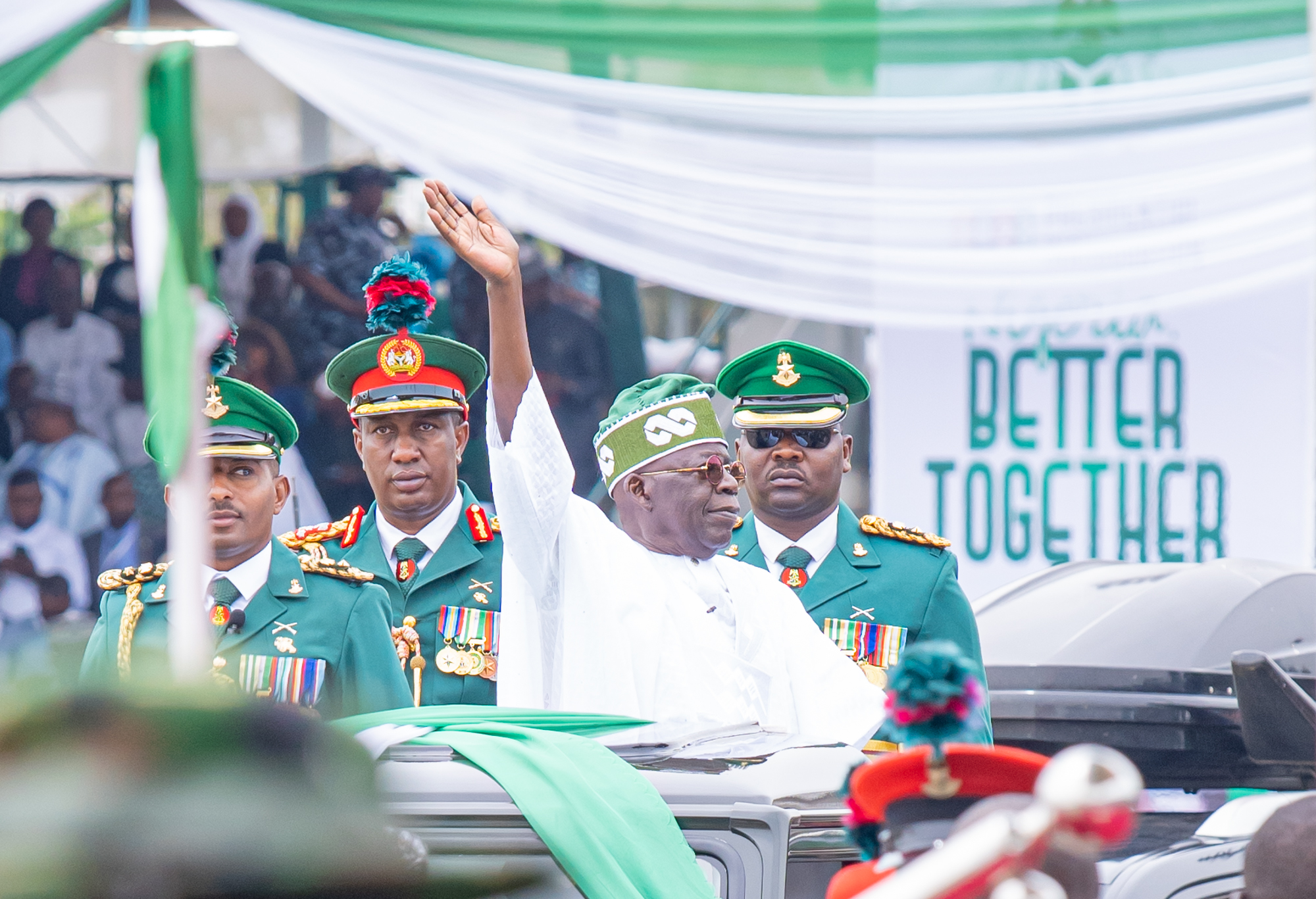South Africa’s leadership tussle: Eight lives down

Embattled South African President Jacob Zuma on 8 August once again proved he is a determined political survivor, overcoming his eighth no confidence vote to remain at the helm. Even the imposition of a secret ballot to allow MPs greater freedom in their vote cast was not enough to unseat the President who secured his victory with 198 votes against 177, with nine abstentions. Although it is likely that around 30 ANC MPs voted against Zuma, the bulk of the party rallied around their leader to ensure his survival. In this note, we explore some of the key implications of the vote outcome:
- ANC party politics: The battle is lost but the war within the ruling party will go on, with factional lines likely to harden in the aftermath of the vote and lead-up to a party leadership succession in December. Zuma will seek to re-assert his authority having survived his greatest test yet, side-lining critics, promoting key allies and striving to manage his succession and legacy. The ANC is likely to be consumed by internal wrangling in the coming weeks as this process plays out, but Zuma has now guaranteed his place at the head of the table in controlling the process.
- Succession: The vote outcome likely strengthens the hand of Zuma’s preferred successor, his former wife Nkosazana Dlamini-Zuma over her principal rival Deputy President Cyril Ramaphosa. In the increasingly likely event that Dlamini-Zuma is appointed to lead the ANC in December, Zuma may well limp on as the country’s President until 2019, remaining a contentious figure. A victory for Ramaphosa on the other hand could signal the end, with calls for an earlier handover to pave the way for new leadership and a revitalised showing in the 2019 elections.
- 2019 elections: The opposition – both from the left and right of South African politics – will remain vocal in its condemnation of Zuma and his administration, pointing to the patronage, cronyism and corruption that is seen to have characterised its years in power. Broader economic stagnation and social hardship will further fuel frustrations with the government, eroding its popularity. This could bring some further notable opposition games following last year’s local elections victories. However, the ANC’s unrivalled national status and legacy role in leading the fight against apartheid will likely help to preserve its status as the ruling party who will provide the next country’s President.
- Policy-making: The political distractions posed by Zuma’s contested leadership will continue to slow and disrupt policymaking processes in the short-term, particularly if further reshuffles occur as seems likely. Beyond this, Zuma is likely to be more bullish in his pursuit of populist measures that will help revive his reputation with parts of the electorate and resist the political pressure from the left of his party. The recent contested mining charter is the latest example of the current government playing assertive politics, and business can anticipate more confrontations over the coming two years, with a more aggressive approach to both policy-making and enforcement. This could lead to a hike in fiscal terms and more stringent regulatory requirements, including around labour law enforcement and associated sanctions. However, pro-business and pragmatist elements of the ruling party will continue to moderate the government’s approach and limit the extent of the fallout.
- The economy: The economy has already been buffeted by the negative reaction to Zuma’s leadership, and broader business uncertainties prompted by political conditions. Though there are glimmers of optimism in parts of the economy with the agriculture sector picking up from a terrible year, and key mining commodities stabilising from previous years, South Africa’s economy is likely to remain in the doldrums. Confidence in the current government is low and foreign investors in particular will be wary of the Zuma administration’s agenda in its closing stages. The stock exchange will remain vulnerable to capital withdrawals, the Rand will also remain subject to politically-related volatility, while real investment will also likely be stymied as domestic and foreign investors look outside the country for their strongest growth prospects.
Long-term prospects
For all the gloom within South African business circles, reinforced by data around growth, job creation and macro-economic trajectory, the country continues to present a more developed, liquid and sophisticated business environment than most other markets on the continent. The economic transformation and redistribution agenda of the ANC remains an important feature of the country’s post-apartheid development agenda, aimed at creating a more equitable distribution of wealth and broader socio-economic development. Businesses recognise the importance of this process and for all the saber-rattling that a more populist government narrative may bring, pragmatism is ultimately likely to win out in the long term.
South Africa will continue to face very real development challenges, and the pace of growth is wholly inadequate to meet the palpable expectations of the electorate for jobs and opportunity, with poor leadership exacerbating this picture. But it is also unlikely to fall into the abyss or face the kind of radical policy swing that could send the economy into a tailspin. So for now, investors will likely need to focus on managing the risks which stem from current political dynamics. If wily cats have nine lives, then some comfort can be taken from the fact the country’s most remarkable political survivor has now used up eight of these. For all the turmoil we can anticipate in the coming months, politics is increasingly going to look beyond Zuma to how the country can revitalise under new leadership. For that process, it will be vital that business remains at the table to help shape the narrative and support the shared objectives of development and growth.
Roddy Barclay is the Head of the Intelligence and Analysis team at Africa Practice, overseeing a team of 12 political analysts and business intelligence consultants to provide risk advisory support to clients across the continent.
Sinethemba Zonke is a Consultant in the Intelligence and Analysis team based out of our offices in Johannesburg. Sinethemba specialises in the Southern African region and is a regular commentator in the local media on South African politics.
Proud to be BCorp. We are part of the global movement for an inclusive, equitable, and regenerative economic system. Learn more


